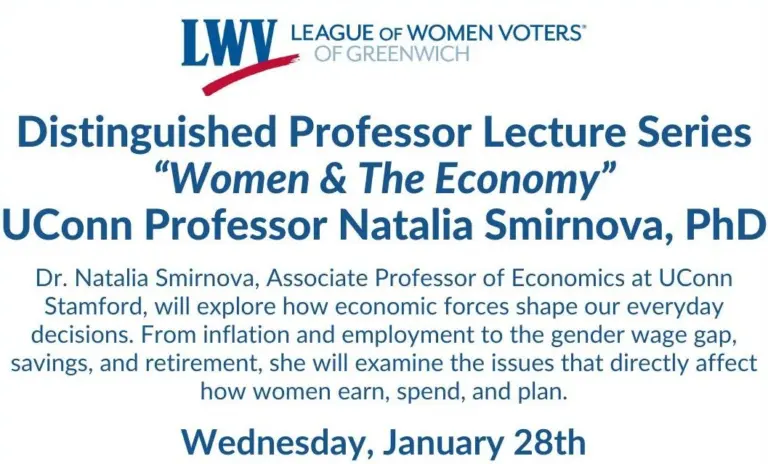By Edward Horstmann
In late June, the congregation of Round Hill Community Church hosted a wonderful celebration for the fortieth anniversary of my ordination to Christian ministry. I can say without hesitation that it was one of the highlights of my life.
On the day after that party, an old and dear friend, who could not be present for the festivities, left me a voicemail message to add his congratulations. He concluded his beautiful sentiments with these words: “So there: now your day is better because I’ve called you.” And he was right!
My friend’s comment is not one I could ever imagine coming from the mouth of the biblical prophet Jeremiah. Not that most of the other biblical prophets were given to upbeat expressions of personal affection. But Jeremiah leaned hard into harshness. His words are fierce, and ring with anger. His legacy lives on in part through the English word jeremiad, which refers to a sustained series of lamentations.
Jeremiah lived six hundred years before Jesus. His generation grew up with the constant knowledge that the nation’s safety was never secure. The main threat to national security at that time came from a regional superpower called Babylon, a vast nation that lay to the east of present-day Israel. Jeremiah was certain that an invasion by the Babylonians was not far off and would lead to the occupation of his homeland and most likely the deportation of many its people.
Jeremiah tried to make this situation clear to anyone who would listen, but his audience was tone deaf when it came to truth, and Jeremiah did not exactly have a winning way when it came to the art of persuasion. His speeches overflowed with warnings and condemnations; he blamed people for their faithlessness in God, and he accused political leaders of being insufficiently aware of the crisis that was sitting on the nation’s doorstep. Over time he alienated himself from his family and was accused of treason. He was a royal pain to the king and his court prophets, who despised the way that he confronted them with his white-hot words.
It’s no joy ride being a prophet who feels called upon to speak truth to powerful people who don’t want to hear the truth. Dom Helder Camara, a Brazilian archbishop and civil rights activist once said that “when I give food to the poor, they call me a saint. When I ask why the poor have no food, they call me a communist.” Then there’s the Rev. Dr. Martin Luther King, who enjoyed a close relationship with President Lyndon Johnson during the civil rights movement in our country; until April 4, 1967, when Dr. King delivered a message at Riverside Church in New York City entitled “A Time to Break Silence.” On that day he declared his open opposition to the Vietnam War and his connection with President Johnson rapidly deteriorated.
And there’s Phyllis, a woman who belonged to the congregation I served in central Vermont in 1982. Phyllis told me that she was looking forward to the Fourth of July parade that year as she always had, but with one exception. She was thinking about joining others who intended to march in the parade as part of the Campaign for Nuclear Disarmament. She knew this choice might alienate her from some of her family members. But she marched anyway and did not allow the threat of alienation to change her mind.
Jeremiah never stopped speaking his mind. And one of the curious and distinguishing features of his life work is that despite his sharp-edged rhetoric, he would occasionally interrupt his bad news broadcasts with outbursts of encouragement and hopefulness. Despite the tumult of his time, he counseled others to “Stand at the crossroads, and ask where the good way lies, and walk in it, and find rest for your souls.” Against all reason, he purchased a plot of land (not a great time for real estate transactions) in the belief that one day the descendants of those who had been deported would return to Israel (and he was right about that). At a time in our lives when moral courage, care for the earth, and compassion for the fragile are under constant threat, Jeremiah challenges us to speak out and stand up for the deepest dreams of God for all humankind.
Jeremiah believed that he could become for others an experience of hope. Many of our nation’s leaders do not see themselves as living out that kind of vocation. But that cannot stop us from exercising every opportunity to be a beacon of hope for others. We can be conscientious objectors who stand up for the power of fairness, justice and compassion even when many of our political leaders will not.
I see Jeremiah as a complicated demonstrator of moral courage, someone who was not afraid to speak the truth of God, as he understood it, to everyone around him. He encouraged others to follow the ancient paths, ones that had been well traveled by Moses, and the people of God, on their journey to freedom and a free land. He demonstrated a belief that new beginnings could emerge out of tough times and dead ends. I’m paying attention to his voice, because for all its roughness, it rings true with good news.
The Rev. Dr. Ed Horstmann is the Senior Pastor/Head of Staff at Round Hill Community Church, and an artist. Along with Susan, his wife, and Dot, their feisty Miniature Schnauzer, they have lived in the back country of Greenwich for twelve years. They are also resilient fans of the Minnesota Vikings.




